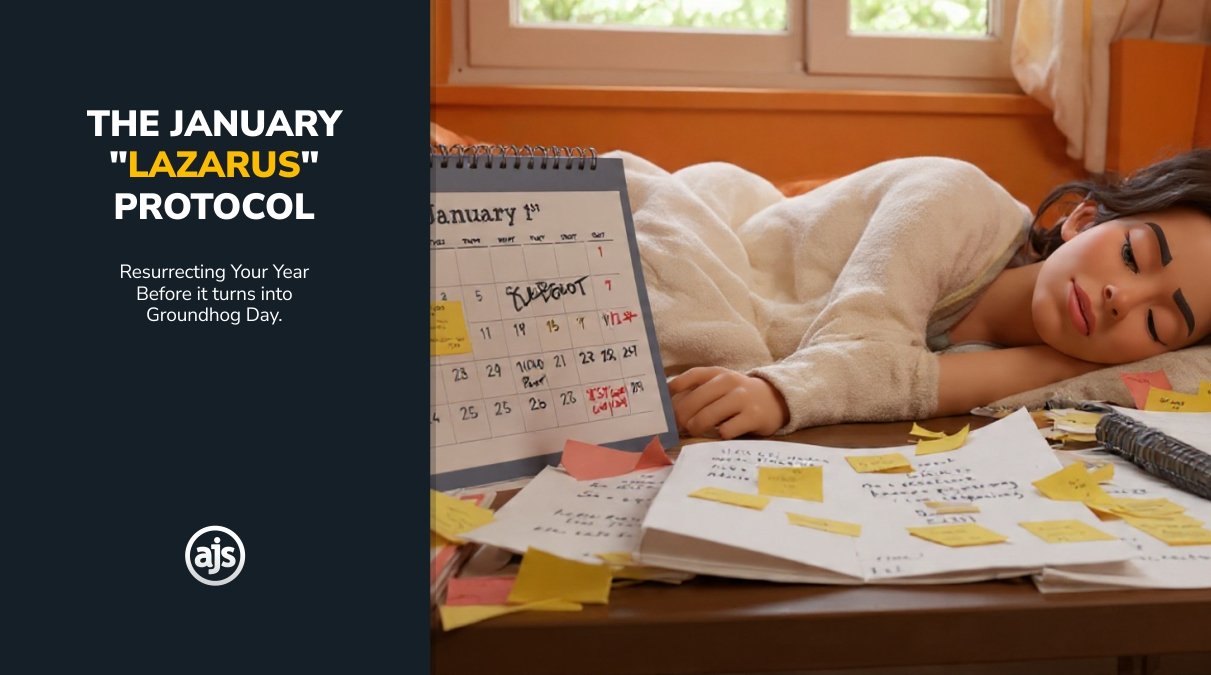
The Zen of Work: Managing Trust Accounts
Managing Trust Accounts
With “Holly” on a mission to take control of her work situation – aiming to instil a feeling of Zen in her workspace – she has come to us seeking answers.
And we are happy to oblige Holly. As always.
After getting her law firm up and running – taking time to learn all about the “buzz words” out there, Holly has started to focus her attention inward. Looking more closely at how her law firm is actually operating. Or at least, how it should be operating.
And there is a lot to take in where the optimal operating of a law firm is concerned.
Take the proper management of a trust account as an example.
How should Holly properly manage her trust account?
So, let’s chat a bit about the proper management of trust accounts and put Holly’s mind at ease.
Managing trust accounts
Each legal practitioner in a trust account legal practice is obliged to manage their trust accounts in a professional and ethical manner, whether they are practising for their own account – alone or as a partner, or as a member or director of a juristic entity. In fact, there is a duty placed on each legal practitioner to ensure compliance with both Section 86 & 87 of Legal Practice Act 28 of 2014 (LPA) as well as the Legal Practice Rules and Regulations (LPR).
The LPR at Rule 54 deals specifically with Accounting Rules as follows –
- Rule 54.6. sets out that a law firm must keep accounting records in an official language of the Republic, reflecting both business account transactions and trust account transactions. The trust account legal practice must ensure that their accounting records and financial statements are prepared in accordance with an acceptable financial reporting framework in South Africa, setting out the state of affairs and business of the law firm, clearly explaining the transactions and financial position of the firm. This will, inevitably include, all assets and liabilities (Sections 87 of the LPA), entries from day to day of all monies received and paid by it on its own account, as well as records containing particulars and information of all monies received, held, and paid by it for and on account of any person and all monies invested by it and any interest paid over or credited to it.
- Rule 54(8) sets out that accounting records of a legal practice must clearly show the difference between business account transactions and trust account transactions.
- Rule 54(11) states – in no uncertain terms – that trust money may never (under any circumstances) be deposited in or credited to a business Banking account. If there is money that exists in a trust bank account (which is not actually trust money) – it must be transferred to a business banking account without undue delay. Rule 54(11) will have been sufficiently complied with if the legal practice makes from its trust banking account to its business banking account at least once a month. The trust account legal practice must also ensure that the amount transferred is identifiable with – and does not exceed – the amount due to the firm and that the trust creditor is easily identifiable. The balance of any amount due to the law firm that remains in its trust account must be capable of easy identification with corresponding entries appearing in its trust ledger.
- Rule 54.14.7.2. sets out that all money received by a law firm from a person making a deposit into their trust account, will be immediately (or within a reasonable time) banked on the same day that it is received or at the latest on the very first day after receipt of funds. Provided of course, that if a law firm does not deposit trust money into a banking product at a registered bank in South Africa (which the LPFF has made an arrangement with) without the prior written consent of the Legal Practice Council, it shall be guilty of misconduct. If an arrangement has been made by the LPFF and a registered bank is withdrawn or cancelled, the firm will immediately, withdraw its trust funds from that bank (with immediate effect, or on maturity of the investments concerned).
- Rule 54.14.7.3. sets out that unless a law firm is authorised to receive payment of any guarantees issued by a bank on the strength of a trust investment, any amount withdrawn by it from a trust investment account is deposited promptly in its trust banking account.
- Rule 54.14.8. sets out that a law firm must ensure that the total amount of money in its trust banking account, trust investment account and trust cash shall never be less than the total amount of the credit balances of the trust creditors shown in its accounting records.
- Rule 54.14.9. states that a law firm must ensure that no account of any trust creditor is ever in debit.
What happens if Holly’s trust account is not in compliance with the LPA or LPR?
The LPA at Section 87 and the LPR at Section 54 relate to the proper administration and management of trust accounts.
At a high level – the trust accounts must never be in debit and if they are, the law firm must immediately report the reasons why they are in debit and any remedial actions taken to rectify the debit balance.
Proper management of a trust account and compliance with the obligations imposed on trust account legal practitioners under the LPA and LPR enforces the professional and ethical conduct expected of legal practitioners and achieves proper management of trust accounts, including the risk of theft or misappropriation of funds by trust account legal practitioners. These are things firms – like Holly’s – must take seriously and ensure strict compliance with.
There are a lot of attorneys who have the software packages in place but are just not sure how to fully use them, what everything does and how they can optimise their practice to ensure that it is performing with accuracy and reliability.
But, with the help of AJS, your practice (regardless of its size) can (and will) succeed.
We will continue going through tips, answering your FAQ’s, and providing you with information that will better equip the everyday user of legal tech, like you and like Holly, to achieve a state of Work Zen.
It’s all easy. If you know how… Just ask us.





Leave a Reply